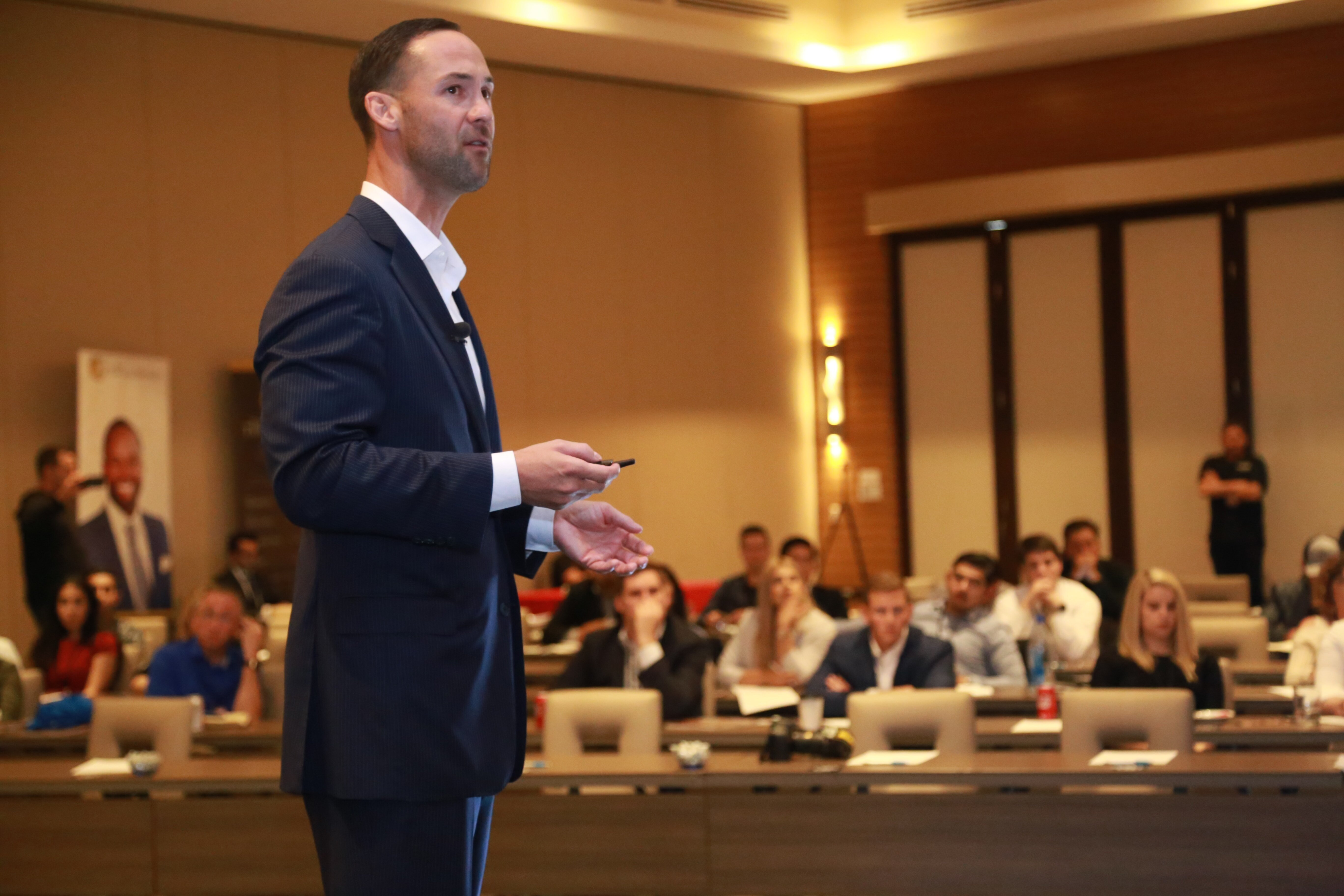SGT University's Online FDP 7 Ways AI is Reshaping Legal Education and Professional Development in 2024

I spent some time looking at how SGT University is structuring their Faculty Development Program (FDP) focused on Artificial Intelligence in the legal space. It’s not just about talking about AI; it’s about practical integration, which frankly, is where most academic programs stumble. When you examine the actual curriculum structure, seven specific areas jump out where this technology is forcing a real reckoning in how we teach law and how lawyers practice. Let’s break down these seven shifts as I see them, moving beyond the usual hype cycle and focusing on tangible changes affecting legal scholarship and professional readiness right now.
The first area I noted is in automated document review, moving past simple keyword searches toward systems that understand context and privilege flags with surprising accuracy. I’m particularly interested in the machine learning models trained on specific jurisdictional case law; these aren't general models, but highly specialized tools that reduce junior associate billable hours spent on grunt work, allowing them to focus on argumentation. Think about the sheer volume of e-discovery data; human review simply cannot scale efficiently anymore without some form of intelligent triage assisting the process. This directly impacts how law schools need to train students on managing massive datasets, treating data fluency as a core competency alongside statutory interpretation. Furthermore, the transparency—or lack thereof—in these algorithmic decisions presents a new ethical quandary for practitioners advising clients on litigation strategy. We are seeing the emergence of 'explainable AI' standards being demanded in court filings, which is a fascinating area of legal resistance to black-box systems. This capability fundamentally alters the economics of high-stakes litigation preparation across the board.
Secondly, I see a major shift in legal research methodology itself, moving from Boolean searches to semantic querying that understands the intent behind a legal question, not just the literal terms used. This moves the lawyer’s role closer to that of a sophisticated prompt engineer interacting with vast digital libraries built on NLP structures. The SGT program seems to be focusing on teaching faculty how to design research exercises that require comparative analysis across jurisdictions using these intelligent search interfaces, which is a significant pedagogical adjustment. Consider the time saved when identifying analogous fact patterns across decades of precedent; this speed changes the very pace of legal advice delivery. Moreover, the potential for bias embedded in the training data of these research platforms requires active scrutiny by educators, lest we inadvertently institutionalize outdated legal thinking. I am also tracking the development of generative models that can draft preliminary memos based on specific case facts, a capability that demands rigorous validation protocols before any lawyer dares submit that work product. This technological insertion into the foundational skill of legal research requires a complete re-evaluation of what constitutes 'thorough' preparation.
The third significant transformation involves predictive analytics in case outcomes; while still probabilistic, the refinement of these models based on judicial history and jury demographics is becoming too precise to ignore in settlement discussions. Fourth is the automation of contract drafting and management, where smart contracts and template generation are reducing transactional overhead, demanding lawyers shift their focus to negotiating novel clauses rather than boilerplate execution. Fifth, the rise of AI-powered compliance monitoring systems means that regulatory risk assessment is becoming a continuous, automated function rather than an annual audit exercise, creating new consultancy roles. Sixth, access to justice initiatives are using simplified AI chatbots to provide initial guidance on routine matters, forcing the profession to define the boundary between automated assistance and regulated legal advice. Finally, the seventh shift is in legal education assessment itself; institutions are grappling with how to test understanding when generative AI can produce passable essays, pushing assessment toward oral defense, critical application, and process documentation rather than just final output. These seven vectors are not theoretical; they are actively reshaping the required skillset for anyone entering the legal profession in the immediate future.
More Posts from legalpdf.io:
- →AI Defines The Value of Crucial Claim Documentation
- →AI-Driven Document Creation in Big Law Insights from Nexa Law's 2024 Approach
- →AI-Powered Linked Data Revolutionizing Legal Research in Big Law Firms by 2024
- →AI-Driven Document Review 7 Key Metrics from AmLaw 100 Firms' eDiscovery Success Rates in 2024-2025
- →Understanding the Nuances of Domestic Abuse A Guide to Qualifying for VAWA Protections
- →Harnessing the Power of Legal Analytics Increasing Operational Efficiency in Law Firms through Data-Driven Insights